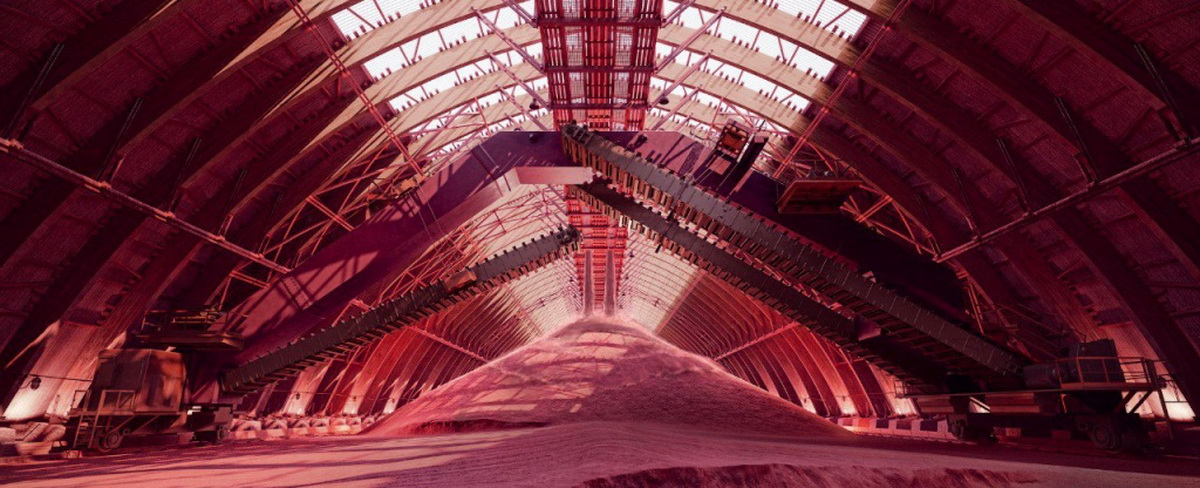Stumbling over Potash: Western Illusions regarding the Belarusian regime block agreement on sanctions
 The situation has not changed
The situation has not changed

The EU is still unable to agree on a new package of sanctions against Belarus due to the lack of consensus on restrictions on the Belarusian potash sector. Moreover, the European Commission is considering lifting existing sanctions on Belarusian fertilisers.
To do this, a regulation is being drafted, proposing lifting sanctions against:
- JSC “Belaruskali”.
- FLLC “Slavkaliy”.
- products of these two enterprises.
- managers and shareholders – individuals under sanctions to ensure these enterprises’ functioning and trading activities.
- all operations, including financial activities, to ensure the unimpeded export of the products of these enterprises.
The advocates of the new regulation are Belgium, the Netherlands, France, Italy, and Portugal, with the work being supervised by the office of the head of the European Commission, Ursula von der Leyen. The political rationale is to ensure the food security of EU member states and the so-called “Global South”, which includes dozens of countries ranging from Latin America and Africa to Central and Southeast Asia and India. The technical challenge is to remove restrictions on EU imports and free transit through the EU to third countries.
Lukashenka responded by instructing the Ministry of Foreign Affairs to informally resolve issues related to business ties with the EU and the United States, whose markets cannot be disregarded even under current circumstances.
The successful attack against the Russian A-50U AWACS aircraft at the Mačuliščy airfield caused anger in Minsk but allowed Lukashenka to reiterate that he would not directly participate in attacks on the territory of Ukraine. The United States interpreted this as an assurance that Belarus does not intend to expand its support for Russia in the war against Ukraine.
Meanwhile, the United Transitional Cabinet (UTC) is developing an “Economic Coercion” strategy based on multilateral and national sanctions against sectors and individuals and proposing monitoring and prosecution of sanctions violations. The plan envisages:
- depriving the Lukashenka regime of sources of foreign exchange and credit.
- blocking attempts at circumventing sanctions by both the Lukashenka regime and Russia.
- freezing Belarusian state assets.
- targeting regime middlemen (so-called “wallets”).
- improvement of sanctions mechanisms to maximise their effectiveness.
During her visit to the UK, Sviatlana Tikhanovskaya also called for a coordinated strategy on Belarus at hearings in the Committee on Foreign Relations and Defence of the House of Lords of the British Parliament. She called on the West to abandon illusions about Lukashenka and increase pressure on him.
Meanwhile, Poland is ready to lead on sanctions. The Polish authorities are prepared to completely close the border with Belarus. They will add more than two hundred Belarusian officials to their sanctions list if Minsk does not stop persecuting the Polish minority in Belarus. To demonstrate the seriousness of its intentions, Poland began to install anti-tank hedgehogs on the border with Belarus. Warsaw also expressed the view that the migration crisis orchestrated by Belarus at the Polish border was a prelude to Russian aggression against Ukraine.
Subscribe to our newsletter




Situation in Belarus
Constitutional referendum: main consequences


 Video
Video
How to count the political prisoners: are the new criteria needed?


 Video
Video
Paternalism In Decline, Belarusian Euroscepticism, And The Influence Of Russia


 Video
Video












